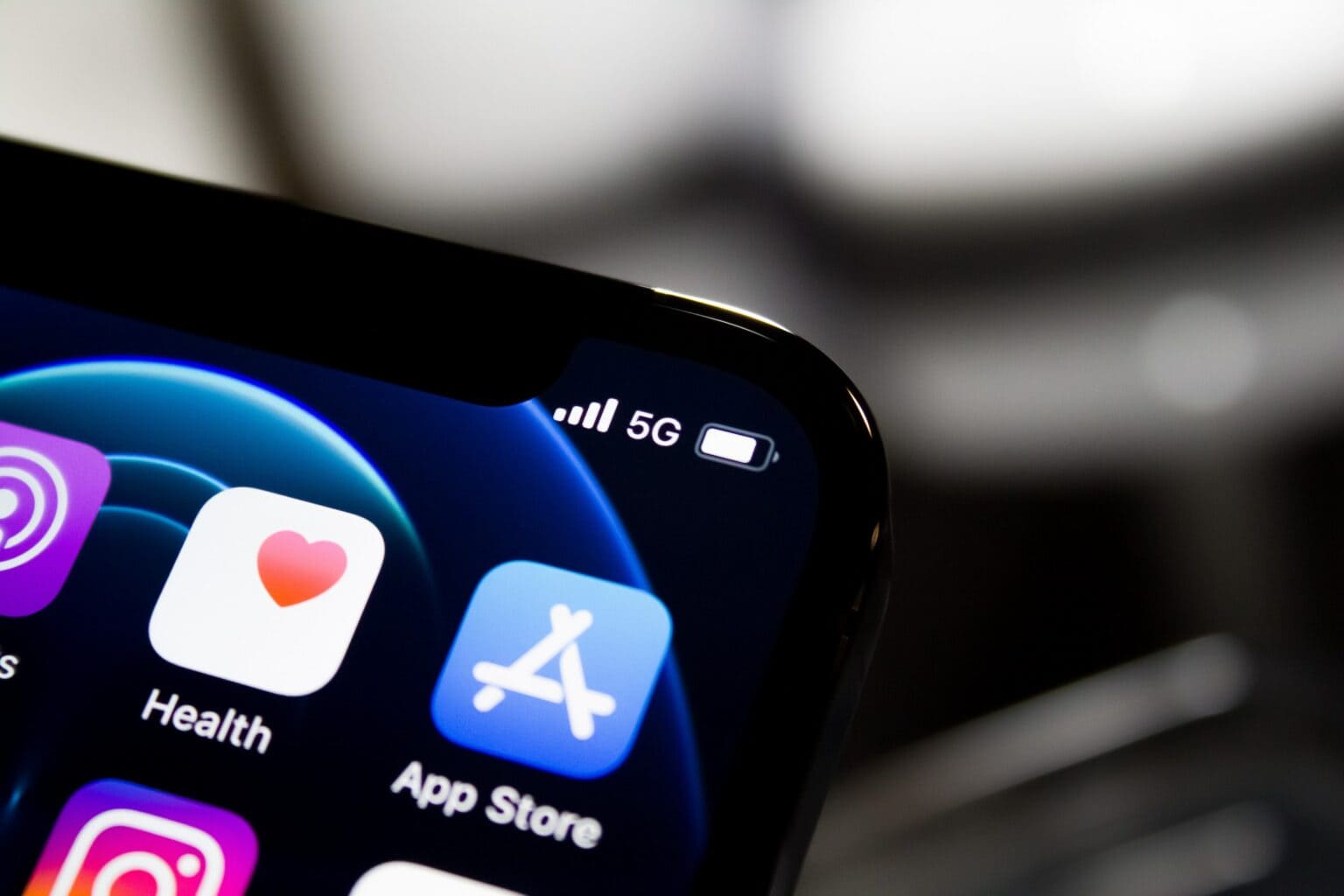One of the big criticisms leveled at Apple over its control of the App Store is that it doesn’t allow ways of side-loading apps. That is to say that, if you want an app on iOS, it’s Apple’s way or the highway.
Apple, however, disagrees. In a response made as part of the Australian consumer watchdog’s probe into the App Store, Apple argues that this is not true at all — because people can create web apps or the internet.
In a note to the Australian Competition & Consumer Commission (ACCC), Apple argues that:
“Even if a user only owns iOS-based devices, distribution is far from limited to the Apple App Store because developers have multiple alternative channels to reach that user. The whole web is available to them, and iOS devices have unrestricted and uncontrolled access to it. One common approach is for users to purchase and consume digital content or services on a website.”
More broadly (read: not just on iOS) Apple argues that it’s not a monopoly because it has to compete with web-based app stores such as Steam, Epic Games Store, PUBG, AppStream, Chrome Web Store, Setapp, or Microsoft Store. It also says that there is the Google Play, Samsung Galaxy, and Amazon app stores which serve as rivals to Apple.
Control of the App Store
The question about Apple’s ownership of the App Store is, most likely, the biggest antitrust vulnerability the company has. The App Store is far more profitable than, say, the Google Play app store. As was shown by Epic’s falling out with Apple in summer 2020, Apple doesn’t want developers selling in-app purchases outside of the App Store. From Apple’s perspective, it doesn’t believe it is fair that devs benefit from the App Store without paying their way.
And, it’s worth remembering, Steve Jobs didn’t want third-party apps on the iPhone at all. It was only after lobbying from other Apple execs that he backed down and agreed to the App Store.
However, the company has softened its App Store policies in some ways. It downgrades its own products in App Store listings to give competitors a chance. Apple also last year slashed its commission from 30% to 15% for the majority of developers with profit-making apps. It remains to be seen what impact, if any, this will have on the way the App Store is judged.
Source: ZDNet


